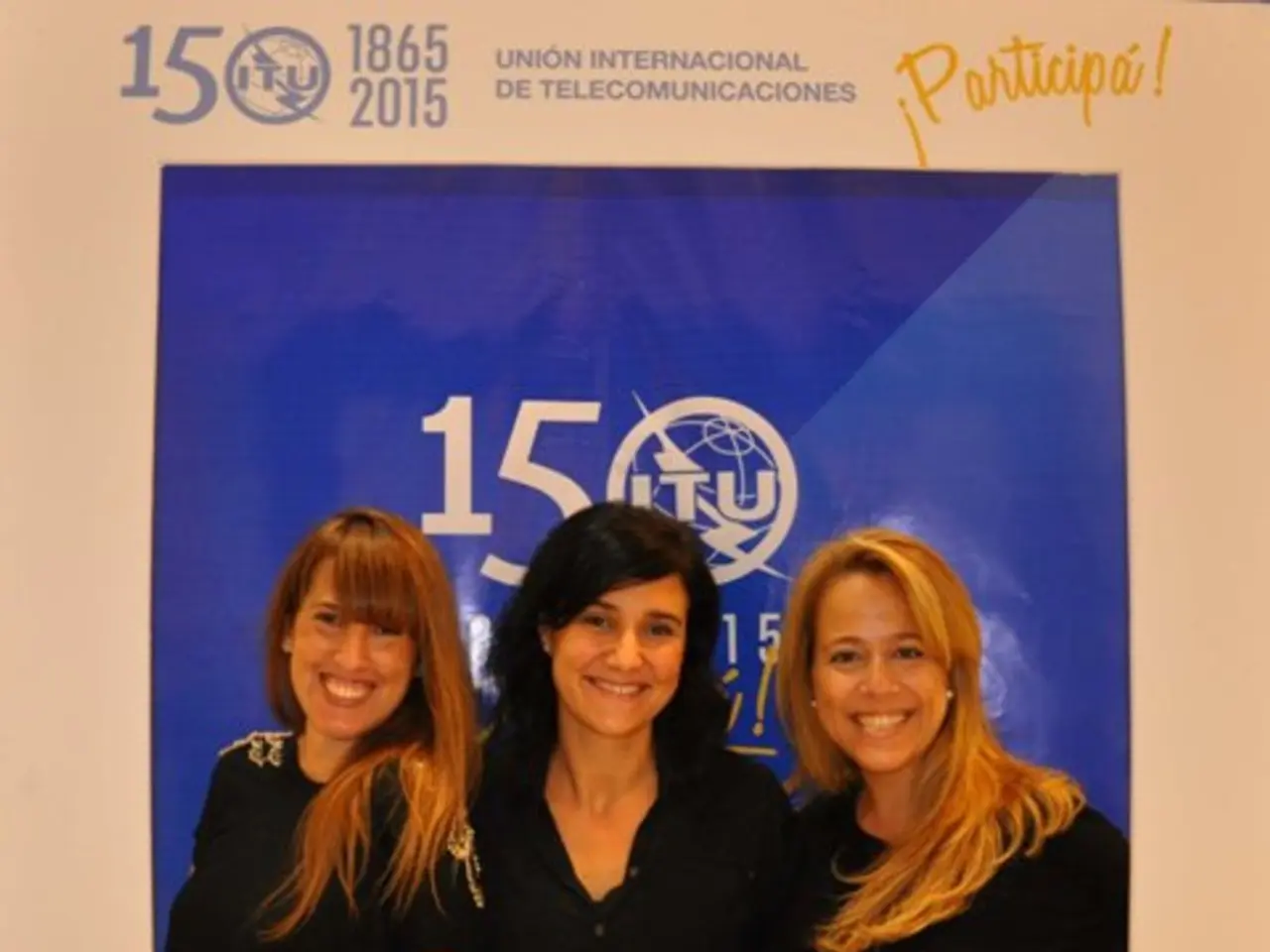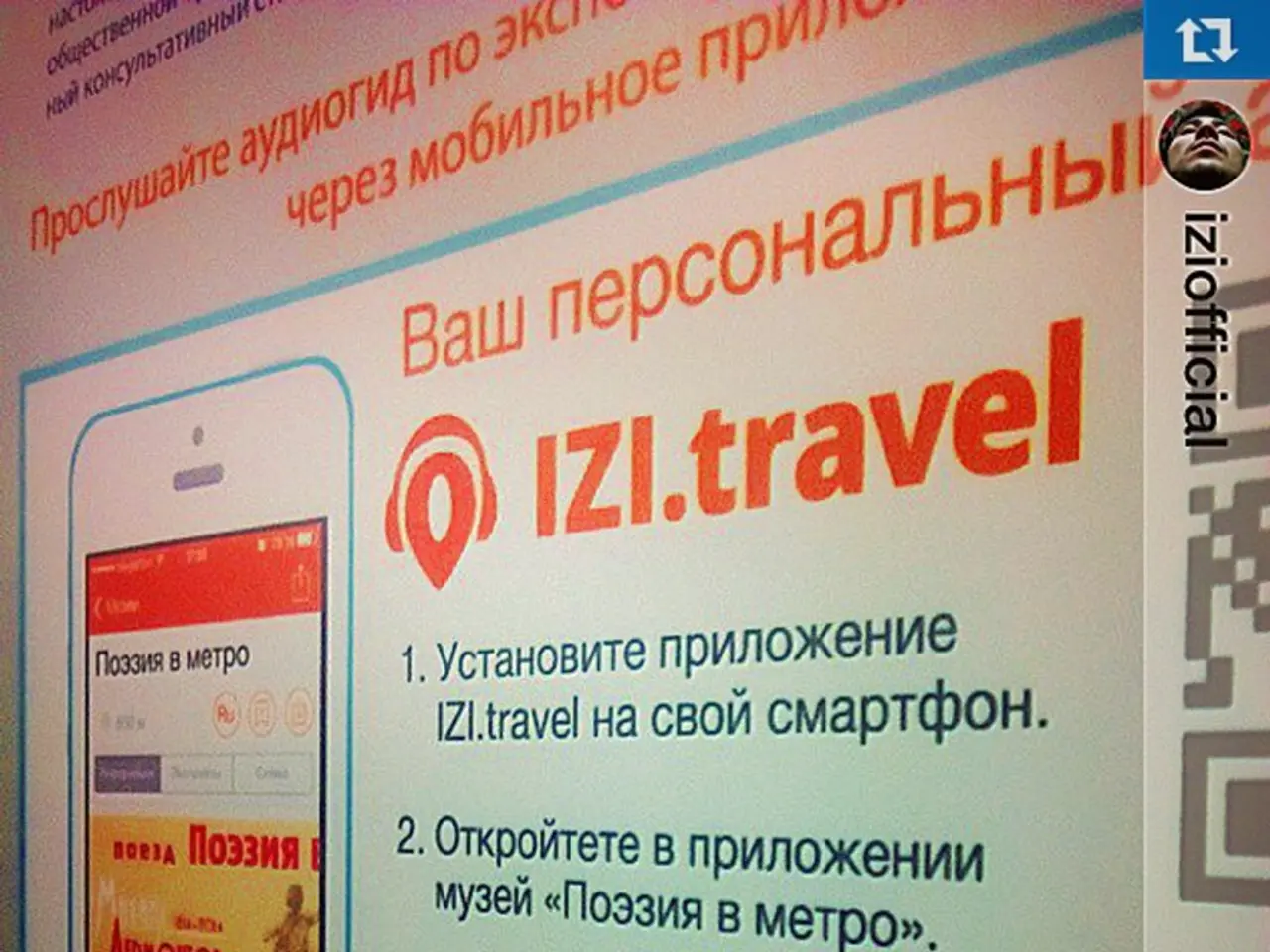Discussion Highlights Emerging Strategies in Modern Human Trafficking
In the heart of Hà Nội, a seminar themed 'Connecting Actions: Leaving No One Behind in Human Trafficking Prevention and Control' was held, marking a significant step in the fight against human trafficking in Vietnam. The event, organised by the International Organisation for Migration (IOM) in Việt Nam in conjunction with the Ministry of Public Security, aimed to address the growing complexity and sophistication of human trafficking, particularly in the digital age.
Colonel Lê Hoàng Dương, Deputy Director of the Department of Foreign Affairs under the Ministry of Public Security, spoke at the seminar, emphasising the importance of prevention as the main focus of all efforts to combat human trafficking. The consistent position of the Vietnamese Party and State is to recognise, protect, and ensure human rights, especially for women and children.
One of the key issues discussed was the increasing number of human trafficking cases in Southeast Asia, with the number of trafficking cases receiving IOM support in the region more than tripling, from 296 in 2022 to 978 in 2023. Since the COVID-19 pandemic, Southeast Asia has seen an explosion of fraud bases, particularly online.
Acting Chief of Mission for IOM in Việt Nam Mitsue Pembroke appreciated Vietnam's actions to promote effective and safe migration and combat human trafficking. She stated that young workers are vulnerable to online trafficking but can also create change. Pauline Tamesis, United Nations Resident Coordinator in Việt Nam, emphasized that investing in the young generation encourages them to protect their peers and build a more resilient community.
Current trends in human trafficking in the Asia-Pacific region, including Vietnam, show an increasing complexity and sophistication, especially with the rise of online and cybercrime-related trafficking since the COVID-19 pandemic. Victims are often young and educated people who are tricked into recruitment with promises of attractive jobs, have their identity documents confiscated, and are subjected to abuse and forced to commit fraud.
To address these challenges, law enforcement agencies, international organisations, and the Vietnamese government are taking coordinated measures. Legal reforms include the implementation of the Law on Prevention and Combat of Human Trafficking 2024, effective July 1, 2025, which introduces principles such as victim-centered approaches, expanded protection scope, and alignment with international treaties.
Việt Nam is also set to host the signing ceremony of the Hanoi Convention, the first global treaty to address cybercrime, facilitating multinational collaboration to fight technology-enabled human trafficking. Inter-agency coordination is strengthening, with efforts to improve trafficking victim screening and support, particularly through collaboration between the Ministry of Health, Border Guard High Command, and other agencies.
Recognising the role of young people as both vulnerable victims and key change agents, there are initiatives to harness their creativity, energy, and technological skills to develop prevention solutions and build community resilience against trafficking. Significant strides have been made in assisting Vietnamese nationals rescued from trafficking, especially from scamming operations, to return home safely, although challenges remain in consistent victim screening and coordination.
In conclusion, Vietnam and the wider Asia-Pacific region face heightened challenges in combating increasingly complex, cyber-enabled human trafficking, especially involving young victims coerced into forced criminality. Responses emphasise legal modernization, international treaty cooperation, inter-agency coordination, youth engagement, and victim support, aiming for a comprehensive, multi-stakeholder approach to effectively counter these evolving trafficking trends. The seminar also aimed to enhance international cooperation, leverage technology to identify and dismantle human trafficking rings, and ensure victims' voices are put at the centre.
- The growing complexity and sophistication of human trafficking, particularly in the digital age, was addressed at a seminar in Hà Nội.
- The Vietnamese Party and State consistently prioritize recognizing, protecting, and ensuring human rights, especially for women and children.
- The number of human trafficking cases in Southeast Asia is increasing, with online fraud bases exploding since the COVID-19 pandemic.
- Young workers are vulnerable to online trafficking but can also create change in the fight against human trafficking.
- Law enforcement agencies, international organizations, and the Vietnamese government are taking coordinated measures to combat cybercrime-related human trafficking.
- The Law on Prevention and Combat of Human Trafficking 2024, effective July 1, 2025, has principles such as victim-centered approaches, expanded protection scope, and alignment with international treaties.
- Vietnam is hosting the signing ceremony of the Hanoi Convention, a global treaty to address cybercrime, facilitating multinational collaboration to fight technology-enabled human trafficking.
- In the fight against human trafficking, initiatives are being taken to engage young people, harnessing their creativity, energy, and technological skills to develop prevention solutions and build community resilience.




